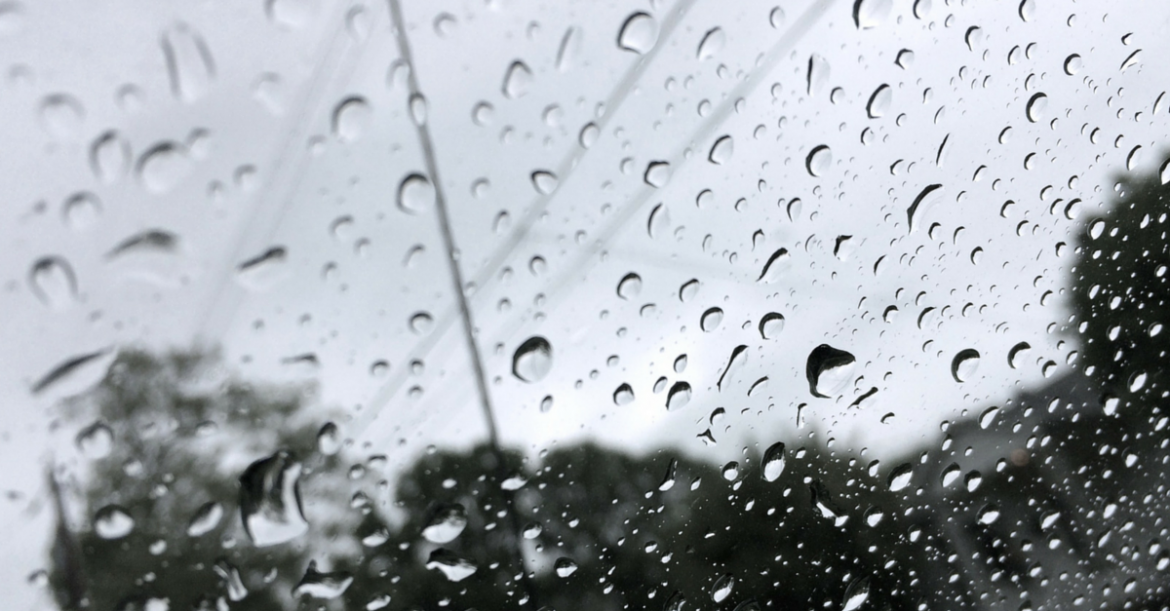Most of the United States has been experiencing sever weather this winter. From ice storms to heavy snowfall and polar cold dipping temperatures well below zero even in cities and states where such weather has never been experienced. Classical example of this is Atlanta where only 1 inch of snow paralyzed the Atlanta metropolitan area.
Well, just the opposite is happening in the world’s Southern Hemisphere that is not only severely affecting humans but wild life as well. Some parts of Brazil have reached 120 degrees Fahrenheit. But Australia and New Zealand have been experiencing the most sever heat that has not been seen for many years.
In the Australian outback temperatures have been reaching 122 degrees Fahrenheit. The record was reached in 1960 in the southern Australian state of Oodnadatta where it reached 123.3F.
The heat, aside from affecting the human population, is also doing sever damage to the wildlife of the country, in particular bats. Bats, in general, do not have a high favorable profile with people but they are very essential in the ecological scheme of things.
Bats are insectivorous meaning they are essential in the control of the insect population especially insect pests, and also function in pollination and seed dispersal. Bats’ consumption of insects borders on gluttony. There have been studies made of the Mexican free-tail bat in Texas where they recorded 10,000 tons of insects were consumed per year.
Their pollination function is accomplished by them feeding on pollen and nectar, while other species feed on fruit and thus aid in dispersing seeds. They like all living things are important in the circle of life.
But the bat deaths in Australia is bordering on causing a catastrophe of that country’s ecosystem balance. Scientists feel 50,000 bats have died from the heat and some have even predicted as high as 100,000 of them could be dead. They are just dropping down dead to the ground from the trees they inhabit.
This is also causing a health concern and people are asked not to touch the dead bats for fear of infection. At times the bats seem to be dead but are not and when touched, people can be bitten or scratched transmitting the Australian bat lyssavirus. An additional health nuisance is caused by the smell of hundreds of dead rotting bat carcasses in the scorching heat.
Nature has a way of righting what it does wrong. With the passing of this heat wave lets hope the Australian bat colonies can once again thrive and continue taking their place in the ecosystem of life in that country.
 Food
Food Farmers
Farmers Sustainable Living
Sustainable Living Living Planet
Living Planet News
News